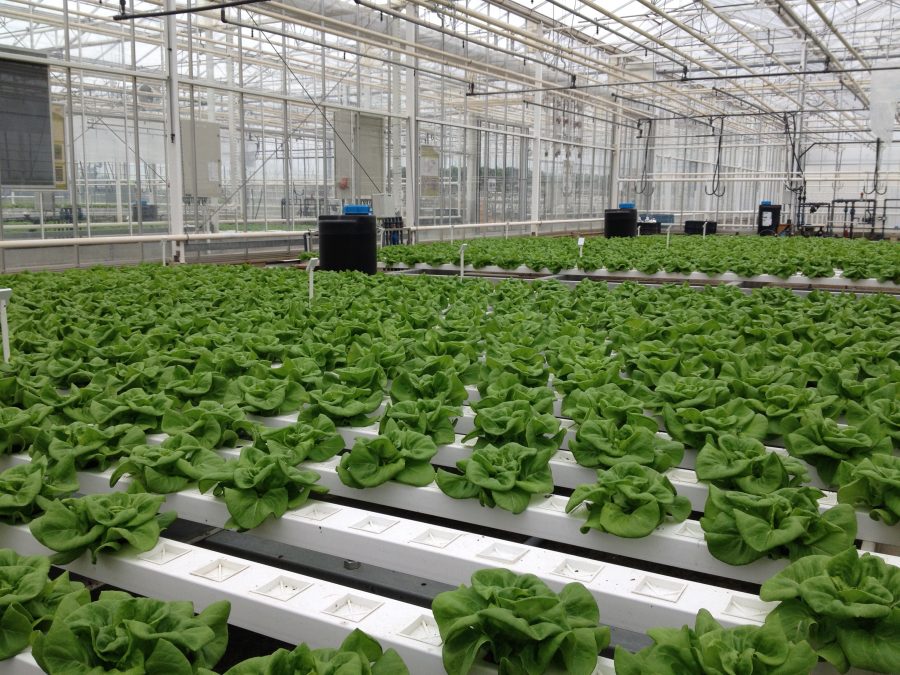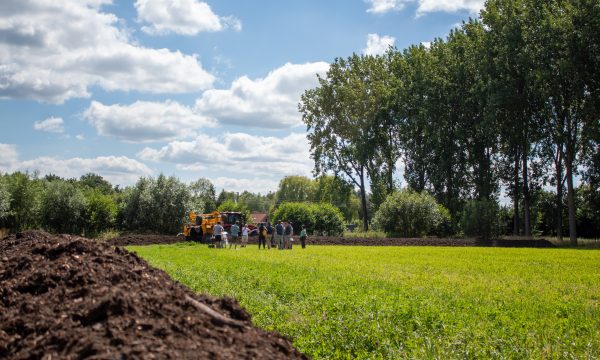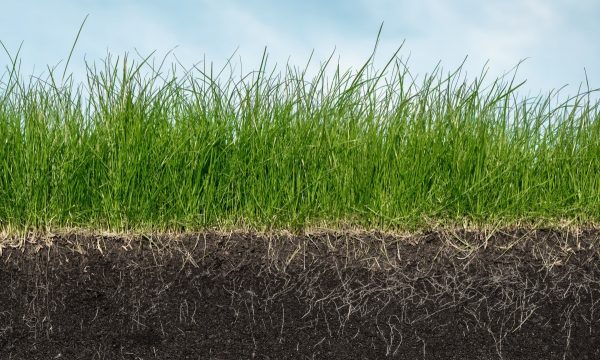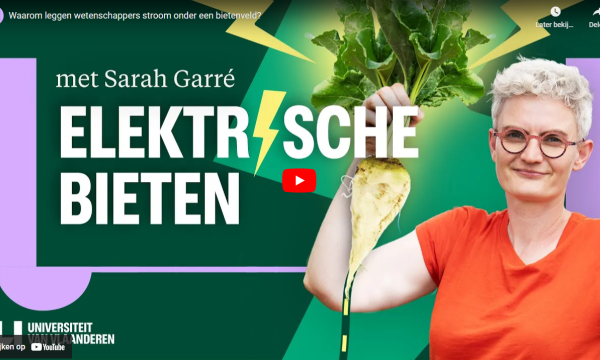Press release European organic greenhouses based on agro-ecological practices

Greenhouse production is a highly intensive cropping system that guarantees out-of-season production in any climatic condition. In the recently launched 3-year CORE Organic Cofund ERA-NET project ‘Greenresilient’, 8 countries across Europe are looking for a more agro-ecological approach in organic greenhouse production systems.
The emphasis is different for each sub-region: in Mediterranean countries, they aim to reduce the use of plant protection products, for example by using less copper as a fungicide; in central and Northern European countries, they focus on energy-efficient systems to produce at low outdoor temperatures and low natural light conditions.
ILVO and the Flemish Extension Research Center for Vegetables (PCG) are the Flemish partners. ILVO studies the aspects of soil fertility, nutrient management and functional biodiversity in the renewed cultivation systems. The PCG site is one of 5 experimental sites where innovations are tested and evaluated.
Designing locally adapted agro-ecosystems for organic protected cultivation
Getting high-quality and tasteful vegetables from greenhouses is technically challenging, especially if you are aiming for unheated or energy-efficient greenhouses or poly tunnels, and if you want a production system that is sustainable, local and agro-ecological at the same time. Greenresilient will help to keep up high and stable production with a lower impact on the environment. In this project, robust and locally adapted agro-ecosystems are designed for organic greenhouse production systems.
In 5 countries (France, Italy, Denmark, Switzerland and Belgium) experiments are planned on practical farms and extension research centers. The commonly-used growing system (referred to as “business as usual” or BAU) is compared with more innovative cultivation systems (INN) based on more diversity in crop rotation and a set of agro-ecological measures that should achieve greater functional biodiversity.
At the same time, a Life Cycle Assessment (LCA) is planned to assess the ecological sustainability of the various biological protected systems. "We calculate the environmental consequences of two ‘extreme’ strategies, BAU and INN, for the 5 experimental sites in the project."
Organic on the rise
In Flanders, the organic farming increased to almost 7000 hectares in 2016, 30% more than in 2015. In the Flemish agricultural area, the organic share is only 1.1%. In Belgium, the organic greenhouse vegetable cultivation represents around 1% of the total, and in the Netherlands that is around 2.5%.
Justine Dewitte (PCG): “Both the European and the Flemish organic sector continue to grow, and the interest in organic farming is also increasing. The market demand is rising. The biggest challenge for us is wintertime production in unheated or low-energy greenhouses”.
Koen Willekens (ILVO): “The use of agro-ecological practices in organic protected cultivation is innovative and represents an alternative for an often even more intensive traditional production system”.
Combining strengths
The Italian CREA (Council for Agricultural Research and Economics) coordinates the project.
Project coordinator Dr. Fabio Tittarelli: “Greenresilient works in a truly multidisciplinary manner: specialists in agriculture, botany, agro-ecology, soil chemistry, entomology and plant diseases from 12 research centers in 8 European countries are involved in this project.“
In Flanders, ILVO and PCG divide the work as follows: PCG tests specifically frost-resistant winter crops, using flowering plants inside and outside the tunnel borders, with mixed crop cultivation for disease suppression, and use of green manures and compost for better soil fertility. ILVO analyses the soil and crops and controls the soil management.
The project was launched in April, 2018 in Capua, Italy. The expectations are that in 3 years’ time, at the end of the project, there will be a better vision of the potential and feasibility of agro-ecology in the organic protected cultivation practices in Europe.
More about Greenresilient and CORE Organic
The CORE Organic Cofund transnational project GREENRESILIENT, aiming at demonstrating the
potential and feasibility of an agroe-cological approach to organic greenhouse production, was
launched on April 2, 2018. It will last 36 months and will end on the 1st of April 2021. The project
has 12 partners from 8 countries across Europe.
CORE Organic Cofund is a project in the framework of the European Union’s ERA‐NET scheme ‐
a network of European ministries and research councils funding research in organic food systems at national levels. The main focus of ERA‐NET is to join forces and fund transnational research projects and support a focused and coordinated research and innovation effort covering the most important challenges along the organic value chains.
Project partners
Agroscope, Switzerland
Department of Food Science, Aarhus University (AU‐FOOD), Denmark
Consiglio per la Ricerca in Agricoltura e l’Analisi dell’Economia Agraria (CREA), Italy
Research Institute of Organic Agriculture (FiBL), Switzerland
Research Group for Organic Farming (GRAB), France
Horticultural College and Research Institute (HBLFA), Austria
Flanders Research Institute for Agriculture, Fisheries and Food (ILVO), Belgium
La Colombaia, Italy
Vegetable Research Centre Kruishoutem (PCG), Belgium
Swedish University of Agricultural Sciences (SLU), Sweden
Institute for Biodiversity and Ecosystem Dynamics (UvA), Netherlands
Stichting Wageningen Research, Research Institute Wageningen Plant Research (WUR), Netherlands


